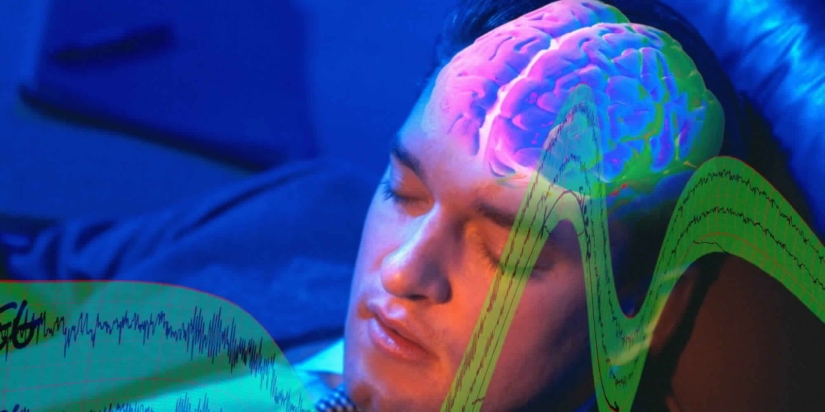Scientists have learned to remotely control brain cells
Categories: Health and Medicine | Science
By Pictolic https://pictolic.com/article/scientists-have-learned-to-remotely-control-brain-cells.htmlScientists from the University of California, London (UK) have tested the technology for controlling brain cells. Magnetomechanical stimulation technology will allow controlling brain cells using an external magnetic device.

The new technique uses microscopic magnetic particles to remotely activate brain cells. This discovery may lead to the development of a new class of non-invasive treatments for neurological disorders.
The researchers called their method "magnetomechanical stimulation": using a magnetic device, you can stimulate touch-sensitive glial brain cells called astrocytes. Microscopic particles are injected into the body through an injection, and then attached to astrocytes in the brain and can "turn on" the necessary cells when a strong magnet is placed next to the head.

The ability to control brain astrocytes is a tool for studying the functions of these cells, which is important for the development of new treatments for some common neurological disorders - primarily epilepsy and stroke.

Neither genetic modification nor implantation of the device is required for the use of micromagnets. This makes the invention a promising candidate as an alternative, less invasive therapy compared to the currently used methods of deep brain stimulation.
Recent articles

It's high time to admit that this whole hipster idea has gone too far. The concept has become so popular that even restaurants have ...

There is a perception that people only use 10% of their brain potential. But the heroes of our review, apparently, found a way to ...

New Year's is a time to surprise and delight loved ones not only with gifts but also with a unique presentation of the holiday ...